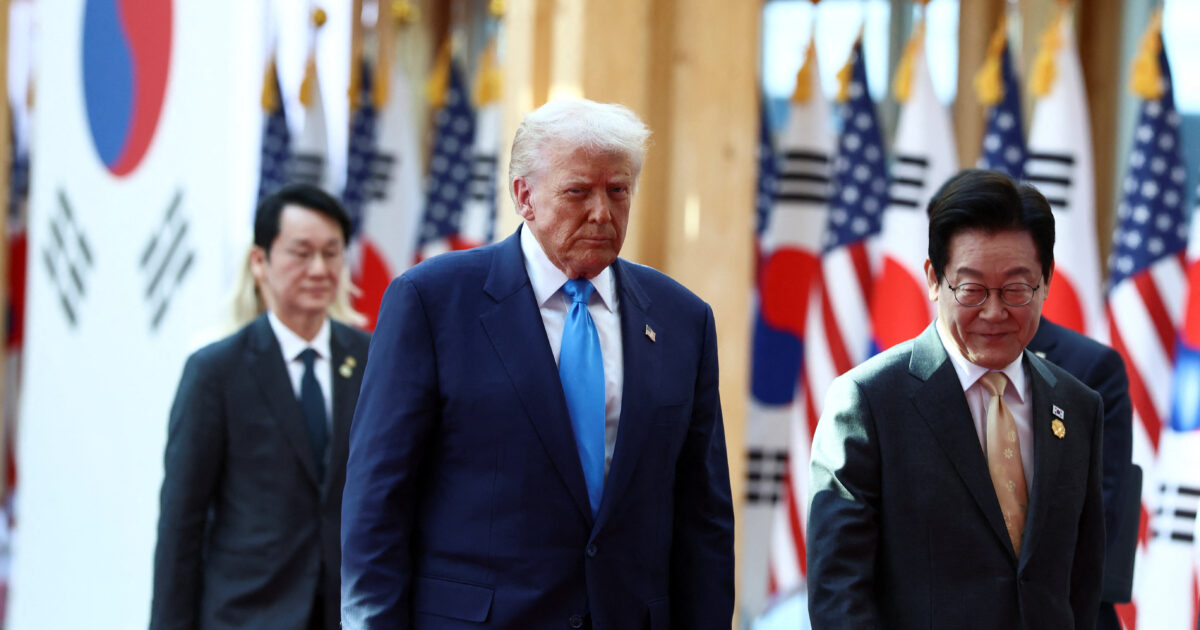Its president South KoreaLee Jae-myung, confirmed that Seoul and the USA finalized their agreement to begin construction of nuclear-powered submarines. This agreement was discussed, among other things, during Donald Trump’s visit to the country in October.
It’s a strategic development South Korea has been pursuing for years amid complex negotiations over security, trade and sensitive technologies. However, one crucial issue remains unclear: where the first submarine promised by the Donald Trump.
A technological leap for Seoul
For South Korea, access to nuclear-powered submarine technology would be a historic leap, joining the small group of powers that possess such means: the US, Australia, China, Russia, India, France and the UK.
The US will help South Korea build nuclear-powered submarines and supply them with enriched uranium fuel, part of a broader push to deepen security and high-tech cooperation between the two countries. pic.twitter.com/Nf9g8NtNqX
— TaiwanPlus News (@taiwanplusnews) November 14, 2025
Seoul asserts that it has secured the necessary US support to expand its uranium enrichment and spent fuel processing capabilities, critical to the development of such a fleet.
At a press conference, President Lee announced that bilateral talks on trade, tariffs and security had been “finalized,” adding that the two countries had agreed to “proceed with the construction of nuclear-powered submarines.”
This statement is also confirmed in a joint communique, where there is also talk of continuing cooperation through a special working group with the aim of strengthening the number of US military and merchant ships on standby.
The issue of shipbuilding is unclear
Although Donald Trump had claimed to X that the new submarine would be built in Philadelphia, Seoul disputes this version. National Security Adviser Wi Sung-lak stressed that the talks were held “from the beginning on the basis that the shipbuilding will take place in South Korea”, arguing that the issue “has now been settled”.
A sensitive statement, given that US nuclear submarine know-how is considered among the world’s most closely guarded military secrets.
Beijing reacts
China immediately expressed its concern, arguing that this cooperation goes beyond the commercial level and affects “the global nuclear non-proliferation regime and the stability of the Korean Peninsula.” For Beijing, this deal upsets regional balances at a time of tension.
The joint communique also says South Korea is committed to spending $25 billion on buying US weapons systems by 2030 and providing $33 billion in support to US forces in the country.
On the economic front, a 15% reduction in mutual tariffs on cars and a $350 billion investment program by South Korean companies in the US are announced, including $150 billion for shipbuilding cooperation.
One issue remains: semiconductor tariffs, which are not mentioned in official statements. However, Washington is committed to offering Seoul “at least as favorable terms” as those of its other major trading partners.
With this deal, South Korea cements its role as a key strategic pillar in the Indo-Pacific, while the US bolsters a critical ally in a reshaping region under pressure.
